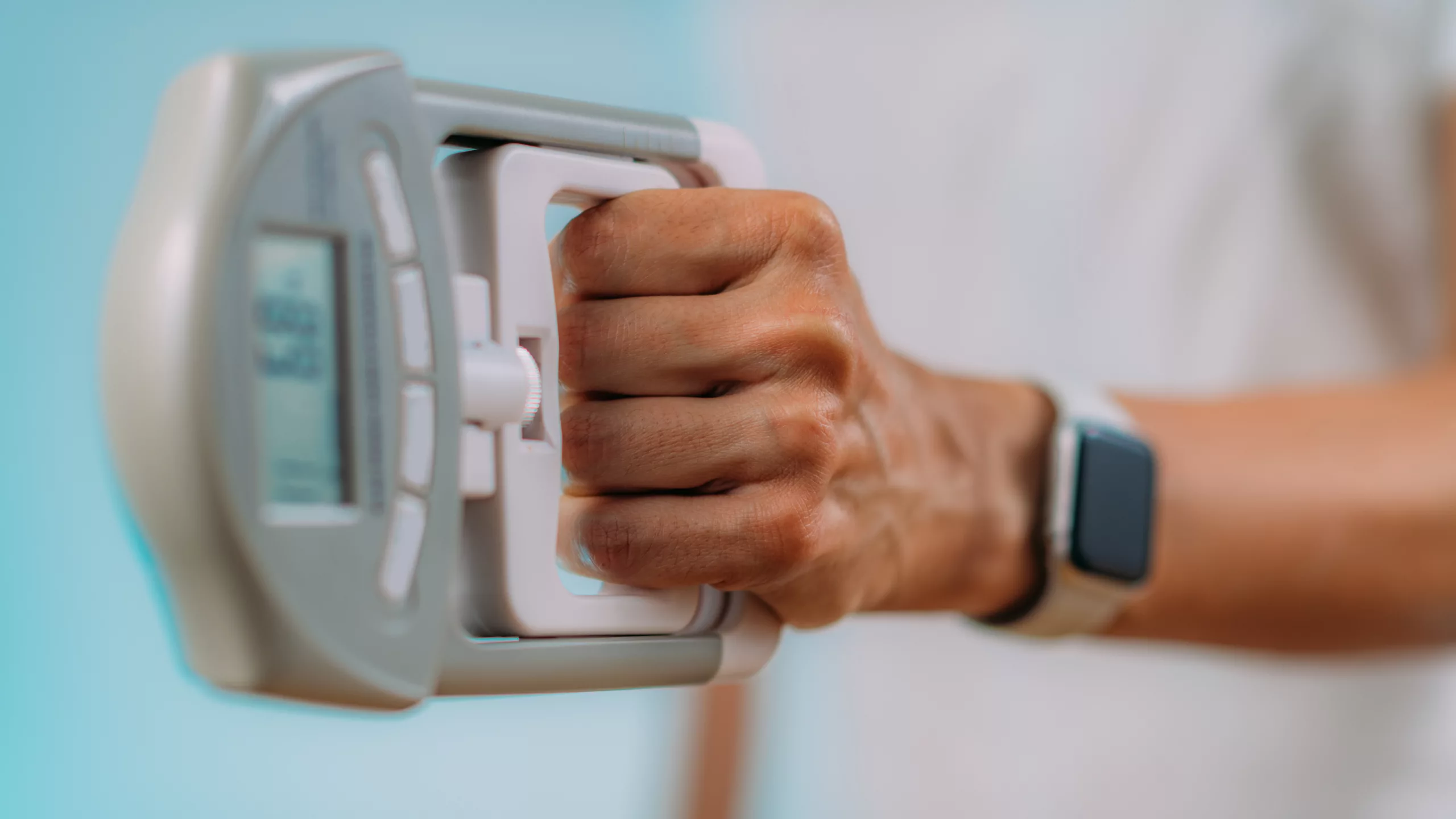
The Power of Grip Strength: What It Tells Us About Our Health
We often associate physical fitness with the ability to run a mile or lift heavy weights. However, a 2015 study has shed light on a simple yet powerful indicator of health: grip strength. The “Prospective Urban Rural Epidemiology (PURE) study” delved deep into the prognostic value of grip strength and its association with mortality and morbidity. Here’s a breakdown of the study and its findings, tailored for those without a medical background.
What is Grip Strength and Why is it Important?
Grip strength, as the name suggests, measures the strength of our hand and forearm muscles. It’s a component of our overall muscular fitness. Previous studies have linked reduced grip strength with a higher risk of death. The PURE study aimed to understand this association better, especially in diverse economic and sociocultural settings.
About the PURE Study
The PURE study observed over 154,000 individuals from 17 countries, spanning high, middle, and low-income regions. The participants’ grip strength was measured using a device called a Jamar dynamometer. Other health and lifestyle factors, such as physical activity, diet, and existing health conditions, were also recorded.
Key Findings
- Grip Strength as a Health Indicator: The study found that grip strength is a strong predictor of cardiovascular mortality (death due to heart-related issues) and a moderate predictor of incident cardiovascular disease (new cases of heart-related issues). In simpler terms, a stronger grip strength may slightly decrease the likelihood of heart-disease and significantly decrease the risk of death from heart-disease.
- Grip Strength and Other Health Issues: Interestingly, while grip strength was linked to the risk of death from non-heart-related issues, it wasn’t strongly associated with the occurrence of these diseases. For instance, there wasn’t a significant link between grip strength and the risk of respiratory disease or injuries from falls. However, in study subjects with stronger grip strength the incidence of fatality from non-heart-related conditions and diseases was significantly lower.
- Grip Strength vs. Other Health Predictors: When compared to other health indicators, grip strength emerged as a stronger predictor of death than even systolic blood pressure. It was also found to be a better predictor of cardiovascular-related disease and death than physical activity levels.
What Does This Mean for Us?
The findings of the PURE study emphasize the potential of grip strength as a simple, cost-effective tool to gauge an individual’s health risks, especially related to heart diseases. It suggests that maintaining good muscular strength could be crucial for long-term health.
However, it’s essential to remember that grip strength is just one piece of the puzzle. A holistic approach to health, encompassing a balanced diet, regular exercise, and regular medical check-ups, remains paramount.
In conclusion, the next time you shake someone’s hand, remember that the strength of that grip might be telling you more than just a greeting. It could be a window into the state of your health.
** If you want to have your grip strength tested, Connect Physiotherapy & Exercise will be set up at the Edmonton’s Allendale Community Day on Saturday Sept. 23, 2023 at 6330 105A St, Edmonton from 11AM – 3PM testing grip strength for anyone interested. If you’re curious how you compare to your age group, come by! We also offer grip strength testing under our fitness testing if you cannot make it.
Reference
Leong DP, Teo KK, Rangarajan S, Lopez-Jaramillo P, Avezum A Jr, Orlandini A, Seron P, Ahmed SH, Rosengren A, Kelishadi R, Rahman O, Swaminathan S, Iqbal R, Gupta R, Lear SA, Oguz A, Yusoff K, Zatonska K, Chifamba J, Igumbor E, Mohan V, Anjana RM, Gu H, Li W, Yusuf S; Prospective Urban Rural Epidemiology (PURE) Study investigators. Prognostic value of grip strength: findings from the Prospective Urban Rural Epidemiology (PURE) study. Lancet. 2015 Jul 18;386(9990):266-73.

